“Research everything and keep the good”, said Dries van Agt in a lecture in 2001. (1) Van Agt is a former Prime-Minister of the Netherlands and he played an important role in the development of the policy on soft drugs as we know it today. The Netherlands maintains a so-called tolerance policy regarding the sale of cannabis in coffee shops. How does this policy work and how can this policy be enforced?
Back
How maintainable is the Dutch tolerance policy concerning drugs?
- 10 Jan 2024
- No comments
Drug legislation
To start off I will briefly paint a picture of the current drug policy in the Netherlands which you can find in the ‘Opiumwet’. This law makes a division between hard and soft drugs by means of list I and list II. Hard drugs are defined as narcotics with an unacceptable risk to the public health and can be found on list I. (2) Possessing, trading, making and selling these drugs is punishable, but taking these drugs is not. (3) Which sounds quite contradictive since it is difficult to take drugs without possessing them beforehand. List II contains the category of soft drugs which are defined as ‘other narcotics than hard drugs’. (4) Examples of soft drugs are cannabis and magic mushrooms. In the case of soft drugs the rules, regarding trading, making and owning them, are to a certain extent the same, although in some cases ‘a blind eye is turned’ by law enforcement. For example: possession of a small amount of cannabis – a maximum of 5 grams – is permitted when its possession is intended for personal use. (5)
Turning a blind eye
How does turning a blind eye work? The so-called tolerance policy in the Netherlands has existed since the 1970s and was introduced as a way to separate the market between hard and soft drugs as well as to prevent cannabis users from coming into contact with hard drugs. (6) The definition of toleration is to allow, under certain circumstances, what is legally prohibited. (7) The Openbaar Ministerie (the Dutch prosecuter) does not (always) actively investigate and prosecute the matters that fall under the gedoogbeleid (tolerance policy). (8) The sale of certain soft drugs in coffee shops is tolerated. Coffee shops are dedicated places where the sale of cannabis is tolerated. This only concerns selling small quantities of cannabis and coffee shops are subject to strict conditions. (9) These conditions are summed up in the column below.
AHOJGI criteria: (10)
No commercials
No hard drugs
No nuisance
No sales <18 years
Not more than 5 grams per person per day
No sales to non-residents
No coffee shops near schools
No large trading stock of more than 500 grams
Paradox
The tolerance policy entails a contradiction: selling cannabis is tolerated but growing it remains prohibited. (11) Where the coffee shops get their stock from is a mystery. This is what is known as the achterdeurproblematiek or ‘back door problem’. What happens at the front (in the coffee shops) is tolerated, but what happens at the back is illegal. (12) In addition, the permitted 500 gram stock is often not enough, resulting in an external stock elsewhere. The back door of the coffee shop therefore opens into the illegal world of drug crime. This leads to discussions since the tolerance policy is and remains closely linked to the criminal circuit. A lot of money earned through cultivation and supply ends up in this circuit.
There are cases where growers and traders are exposed and convicted. Remarkably, judges don’t always impose penalties in those cases and if they do, the penalties seem to be reasonably low. Judges state that the criminal offenses (illegal cultivation and trade) arise from the tolerated structure of coffee shops. (13) Jurisprudence has therefore developed criteria for assessing this. The tolerance of the coffee shop is examined, whether the business operations of the coffee shop are in order, the size and necessity of the stock and whether the stock is exclusively intended for the tolerated coffee shop. (14) This shows even more clearly the incompatibility of toleration on the one hand and criminal offenses on the other.
‘Weed experiment’
The Dutch government is also discussing the foolproofness of the tolerance policy and that is why the development of drug policy is moving steadily. In the coalition agreement of 2017/2021, the Cabinet agreed to start a so-called ‘weed experiment’: Het Experiment gesloten coffee shopketen. (15) Eleven municipalities are investigating whether and how the tolerance policy could be organized differently. Coffee shops in these municipalities are supplied with quality-controlled cannabis for a specified period of time.(16) The experiment will research the effects of this controlled trading of cannabis on public order, crime and public health. The prospect is that the experiment will start in December 2023. (17) Is this a possible solution for the back door problem of the coffee shop?
The tolerance policy, what has it brought us? The intended separation of hard and soft drugs has been successful to a certain extent. However the trading of soft drugs through the back door is still strongly intertwined with that of hard drugs and in that sense with the criminal circuit. (18) In addition, the policy involves many discussions and contradictions. The tolerance policy is rattling. Maybe the new ‘weed experiment’ can solve some of the issues and make the enforcement of the tolerance policy more maintainable.

Redacteur
Isa Bosma


There are no comments yet